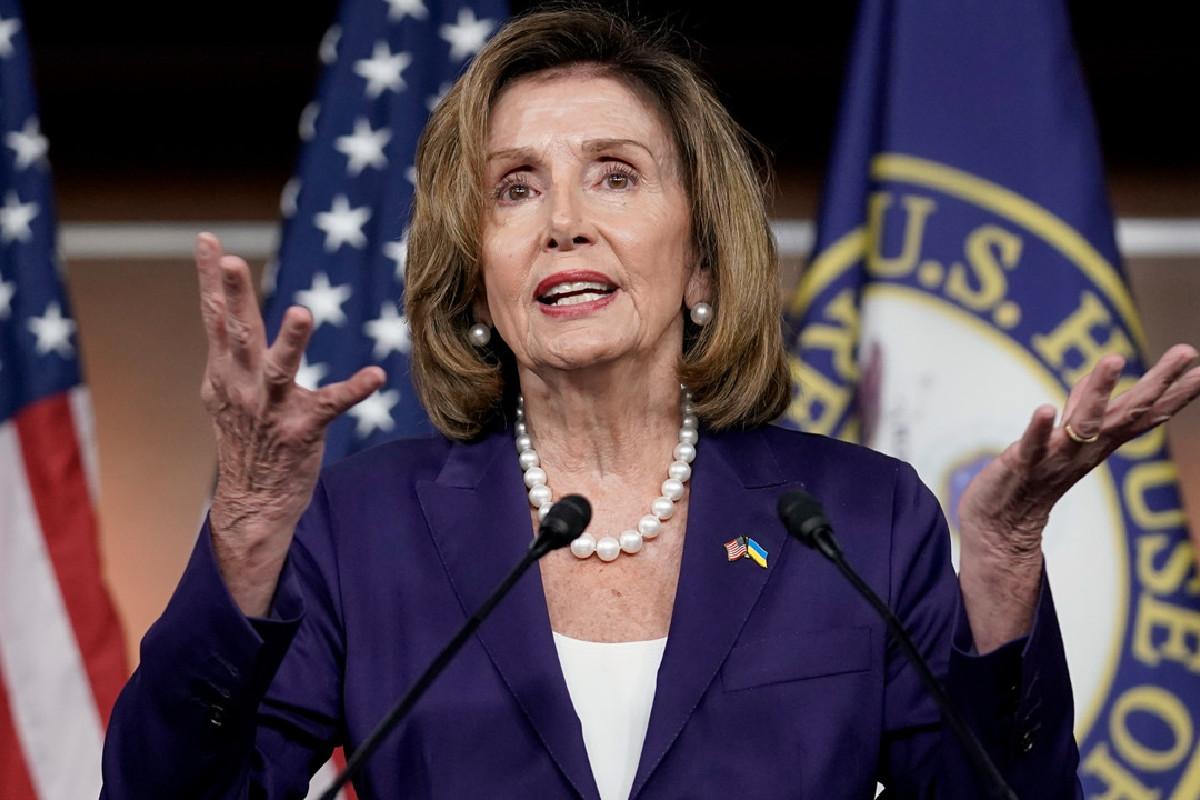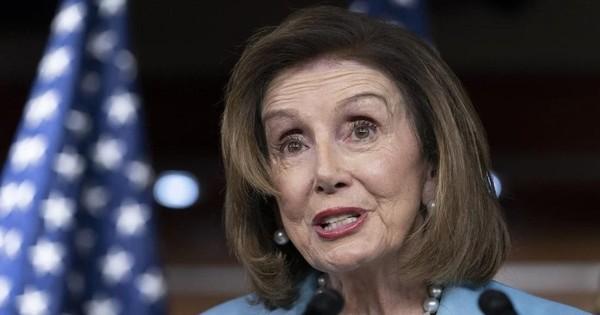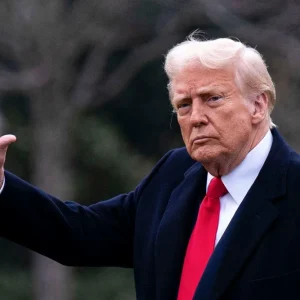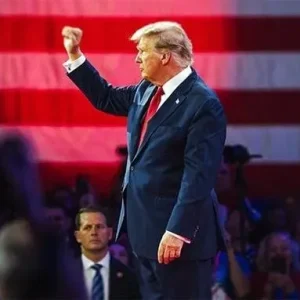In the ever-polarized landscape of American politics, few figures have generated as much controversy and admiration as Nancy Pelosi. Serving as the first female Speaker of the House and one of the most powerful Democrats in recent decades, Pelosi’s name is often a flashpoint for debate. Among her detractors, a recurring accusation is that she is the most corrupt Speaker in U.S. history. But how much of this claim is rooted in verifiable facts, and how much is political theater?
Corruption, in the context of political leadership, implies the misuse of public power for private gain. To label someone “the most corrupt” suggests a level of malfeasance that surpasses all others who have held the same position. Examining this claim requires not just parsing through public allegations and official investigations, but also comparing her record against that of other Speakers throughout American history.

Nancy Pelosi has never been formally charged with corruption. No criminal indictments have ever been brought against her, nor has she been the subject of any serious congressional ethics investigation resulting in disciplinary action. Nonetheless, critics often point to her wealth and her husband’s stock trading as areas of ethical concern. Paul Pelosi, a successful businessman, has engaged in a variety of high-profile stock transactions, some of which coincided with key legislative actions. Although this has raised eyebrows, there is currently no evidence proving that Nancy Pelosi shared insider information or directly influenced legislation for personal financial gain.
What fuels the perception of corruption is often the intersection of policy, money, and influence. As Speaker, Pelosi wielded enormous power over the legislative agenda, including decisions on budget allocations, committee appointments, and procedural rules. Her role placed her at the center of Washington’s money-politics machinery, where corporate interests, lobbyists, and political action committees all vie for influence. But to suggest that proximity to power inherently equals corruption is a dangerous oversimplification. If that were the case, virtually every senior political figure in Washington would be labeled corrupt.
A more nuanced view would consider how Pelosi’s actions compare to those of her predecessors. For example, Jim Wright, a Democratic Speaker in the 1980s, resigned under a cloud of ethics violations involving book sales that circumvented limits on speaking fees. Dennis Hastert, a Republican Speaker, was later convicted of financial crimes related to a cover-up of past sexual misconduct. In contrast, Pelosi has maintained her position for decades without facing formal legal jeopardy.
It is also important to consider the political motivations behind the label of corruption. Pelosi has been a frequent target of Republican attack ads and conservative media narratives. To some, she embodies the so-called “elite” establishment that they believe is out of touch with ordinary Americans. These portrayals often amplify or distort facts to fit partisan messaging. In the era of social media and 24-hour news cycles, repetition of a claim can sometimes create a sense of truth independent of evidence.
On the other hand, progressives within her own party have also critiqued Pelosi—not for corruption, but for being too centrist or not pushing aggressively enough for transformative policies. This intraparty criticism underscores the idea that many of the accusations against her reflect deeper ideological battles rather than legal or ethical failings.
None of this is to say that Pelosi’s tenure has been without flaws. As with any long-serving political figure, her career includes controversial decisions, legislative compromises, and alignment with powerful interests. Critics argue that under her leadership, the Democratic Party has sometimes prioritized political expediency over bold reforms. Others believe she has not done enough to fight the influence of money in politics, even as she has denounced the Supreme Court’s Citizens United decision.
Still, to label her as the “most corrupt Speaker” ignores not only the legal facts but the broader context of American political history. The claim is best understood not as a statement of fact, but as a reflection of the deep divisions and animosities that define current U.S. political discourse. It serves as a rhetorical weapon in the culture war, designed more to provoke than to inform.

In conclusion, while Nancy Pelosi remains a polarizing figure and a lightning rod for criticism, the assertion that she is the most corrupt Speaker in U.S. history does not withstand objective scrutiny. It is a claim steeped more in political rhetoric than substantiated evidence. A meaningful evaluation of any public official—especially one as consequential as the Speaker of the House—demands a balanced view that separates partisan narrative from proven fact. Without concrete legal findings or definitive proof of wrongdoing, such a sweeping accusation should be treated with skepticism, not certainty.






